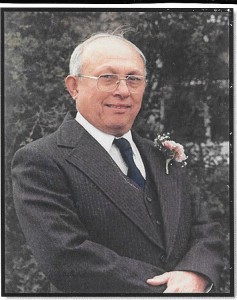May 8: Spring is a time of rebirth, of hopefulness and potential. I find it a very positive time, full of the possibility of better things to come. Recently though, I’ve been considering some of the things I already have. The first draft of this blog read like a Hollywood “thank-you-for-the-award” speech, for there are many specific people who have had a significant and positive impact on my well-being. Rather than list them all, and risk missing someone important, I’ve decided on a brief list of things for which I am grateful.
Health: Although I have been hobbled for the last month or so with a sprained ankle, my overall physical and mental health is quite good. I believe I am in a good place emotionally and spiritually, and I have a positive outlook. I’m active and engaged physically and mentally.
Friends: At retirement, many people lose most of their friends. I have consciously tried to retain as many friends from the City as I can. We spent many years together so we have common memories. There’s no need for that relationship to end simply because we are not at work any more.
I am in Alanon because of my Father’s drinking. I have many friends in the program, and a few closer friends I see outside meetings to share support and insight. They keep me focussed on what’s important and right for me.
I’ve also made good friends with a few people in the neighbourhoods where I have lived. Since I moved, this has taken a bit of extra effort, but I still appreciate staying in touch. And there are my really close friends – “the gang” as my Mother used to call them before gangs became a cultural problem. These are the guys I have known forever – some since public school – and who know where the skeletons are buried. We don’t connect often but when we do we share a real affection and concern for each others’ well-being that I value deeply.
Family: My Mother is in her 94th year, and although her memory has begun to slip, she’s still in pretty good shape physically. She’s the one that tried to shelter us from Dad’s drinking, and provide a consistent and loving foundation during our early years. We are lucky to still have her in our lives.
My sister Nancy is a rock. She’s an anchor for me and I am glad that we remain close. She has been there for me at times when others were not available, and her support and love is something I cherish. Her family is a source of inspiration and joy. It’s pretty nice to be the old, weird uncle that gets invited to dinner on special occasions.
My cousin James has been my “brother by a different Mother”. We’ve known each other literally since birth. We are not alike, yet we have shared so much positive energy and growth in our lives, it’s hard to imagine where I would be today without him in my life.
And Marisa, my lovely and wonderful daughter. I realize now that I was not the most attentive Father when she was younger. But we are close today, and it feels like our relationship grows closer each time we get together. I treasure the times we spend together as adults – not Father and Daughter – sharing lunch and a laugh. Of course, two adorable grand-daughters are a good reason to get together…..
I realize that none of this is earth-shaking. We all have things in our lives that are positive, but sometimes it’s easy to lose sight of them. Maybe with Spring cleaning you can dust off a few of your own.
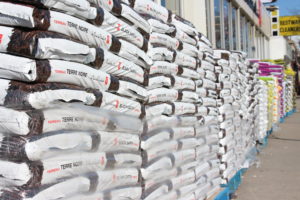

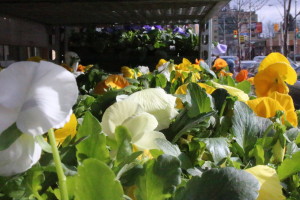
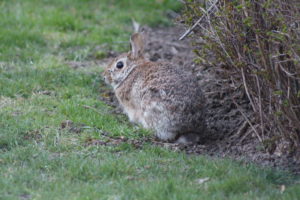

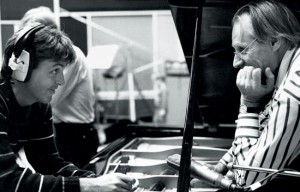
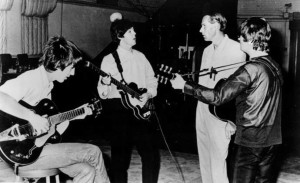
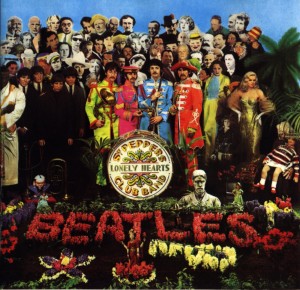
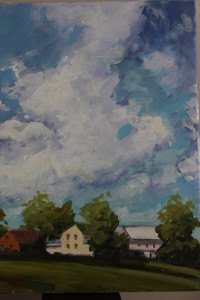
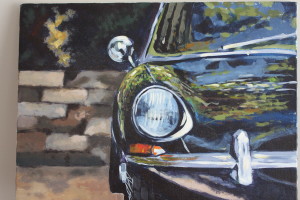

![IMG_2082[1]](http://www.david-mckillop.com/wp-content/uploads/2016/02/IMG_20821-300x200.jpg)
